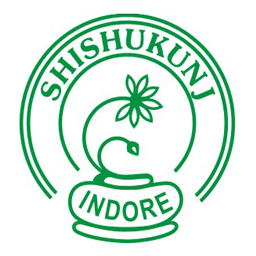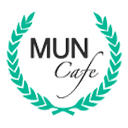The Shishukunj MUN 2017 will provide every delegate an opportunity to partake in a simulation of the United Nations or another international body. Each committee will address issues of immense international importance. At the Shishukunj MUN, committees are divided into three broad categories: The General Assembly, ECOSOC and Regional Bodies and Specialized Agencies.
General Assembly committees deal with a wide variety of issues, ranging from disarmament and security to law, health, and development. The General Assembly encompasses all 193 Members of the United Nations, posing this unique forum at the deliberative, policymaking, and representative core of the UN. Established under the original 1945 Charter of the UN, the GA was conceived alongside the birth of the UN and captures the all-encompassing spirit of multilateral discussion that motivated the formation of its parent international organization. Due of the organ’s inclusiveness, and therefore far-reaching influence, GA resolutions have often taken on the role of landmark documents reflecting UN commitment to international issues and serving as a manifesto for solving these issues. The GA is distinguished by fluid debate, passionate delegates, and necessarily intense and productive caucusing to forge broad alliances to sustain innovative draft resolutions. In this committee, every nation plays an important role.
ECOSOC and Regional Bodies facilitate international discussion and cooperation on issues specific to particular regions. Regional organizations are, in a sense, international organizations, as they incorporate international membership and encompass geopolitical entities that operationally transcend a single nation state.
Specialized agencies is a term used in the Charter of the United Nations, referring to the intergovernmental agencies related to the United Nations by special agreements. Specialized Agencies at Shishukunj MUN include crisis simulations of the past, present, and future. Specialized Agencies span a wide range of topics, time periods and regions of the globe, and individually move very quickly due to their small size and generally more experienced delegates.
The Press Corps allows delegates to take on the role of a global journalistic body, with them reporting on the discussions that take place during the conference. Delegates must be skillful writers with the ability to transmit information efficiently. Members of the Press Corps produce detailed articles, which are assembled in a collective newsletter that is distributed to other delegates at the conclusion of the conference. Conclusively, the Press Corps will use available communication channels to update other committees on relevant information, as well as to consolidate the topics that are discussed at individual committees meetings.
Rules of Procedure
All General Assembly Committees, Economic and Social Council and Regional Bodies, and the Security Council shall strictly be according to the UN4MUN Rules of Procedure as established by the United Nations Department of Public Information. These councils shall reflect the actual UN settings.
Continuous Crisis Committees shall be fast-paced committees which will require delegates to respond quickly and decisively to crises, and allow each member of the committee to play a crucial role in advancing his or her own interests, moving forward a meaningful debate, and innovating peaceful and creative solutions. Hence, these committees will not be following UN4MUN procedure. Special Application Committees shall have a unique procedure, which shall be clearly outlined in the respective study guides.

